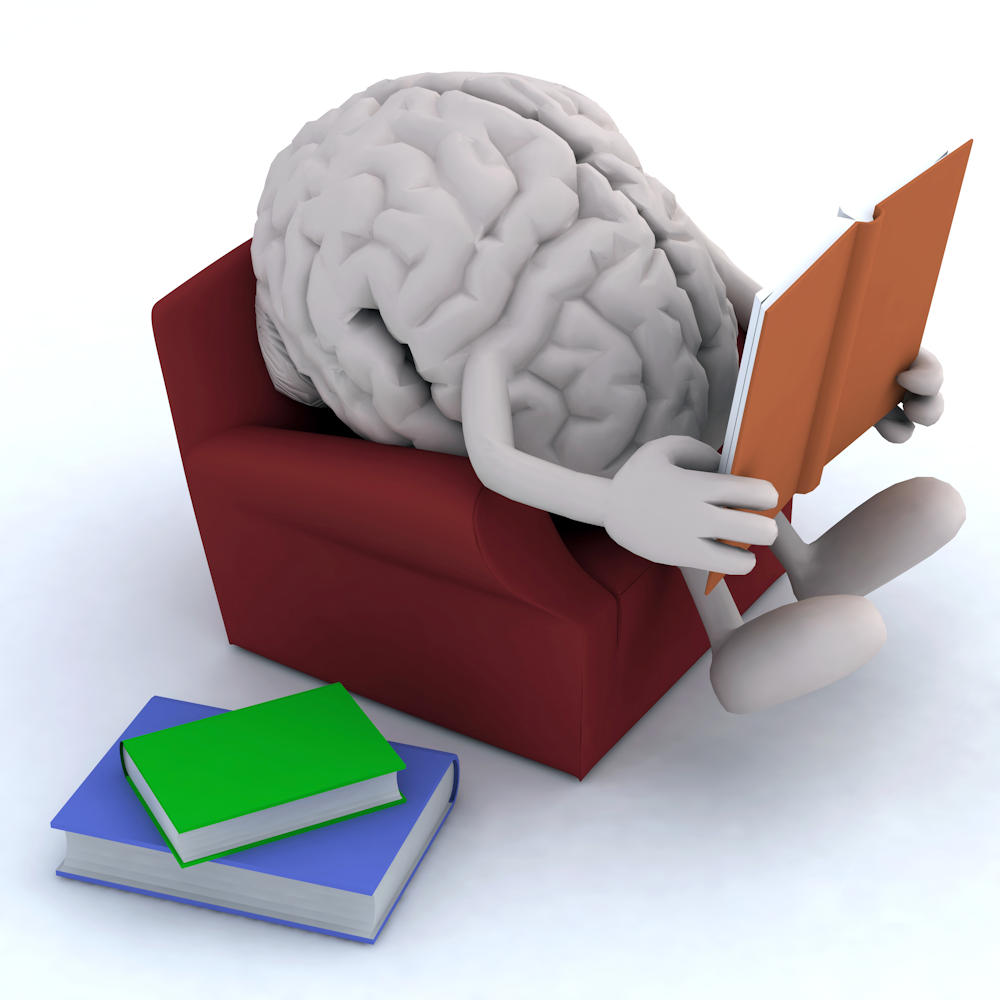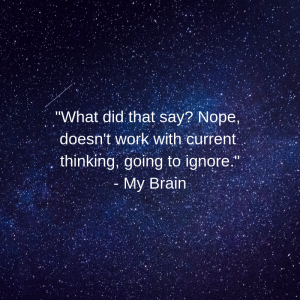So, I got caught in a Facebook trap recently. Here was the post:
“I’m challenging my intelligent friends to have a crack at guessing the answer to the riddle below. When you think you know, PM me the answer. Don’t answer in the comments; your response will be deleted.
“If you are not going to follow the instructions after you lose, please don’t answer 😉
“Your turn! Read the riddle. If your answer is incorrect, I can choose any of your photos and you have to post it along with the riddle. If you answer correctly, I’ll write your name in the comments with a trophy emoji.
“Riddle: It’s 7:00 AM. You are asleep and there is a sudden knock on the door. Behind the door are your parents who came to have breakfast. In your fridge are bread, milk (pasteurized), juice, and a jar of jam. To answer, what will you open first? Answer directly through PM only; answers in the comment section will be deleted.
“Note: It’s not what you think. Read carefully.”
My answer was “the door.” I was wrong.
Here’s the thing about riddles, they purposely try to lead you down the wrong path. As an “intelligent friend,” I know that and did not fall for the obvious wrong path of opening something inside my refrigerator.
I went back to the beginning of the riddle. Actually, no I didn’t. If I had gone to the beginning of the riddle, my answer would have been “my eyes.” I still would have been wrong. And that’s because I still wouldn’t have gone to the beginning of the riddle.
The riddle really starts at the beginning of the post.
The part that starts with “Riddle:” is just another wrong path. That wrong path is further disguised by the fact that the question is in the same paragraph.
What My Brain Did When Reading

The first thing my brain did was assume that the riddle started at the “Riddle:” point of the post. Why wouldn’t it? The previous parts of the post refer to the riddle below and are just insulting instructions, right? (And who pays attention to insults in Facebook posts?)
The problem is that, because of that assumption, my brain did not process the question correctly. And, since I didn’t process the question correctly, my brain reinforced the assumption it had already made about where the riddle began.
The Question – Warning, Spoiler Alert!
Let’s look at the question in isolation.
“To answer, what will you open first?”

Let me guess, that’s not how you initially read it either. My brain processed the question as, “What will you open first?” I won’t say that my brain completely missed the “to answer” part; however, since it didn’t fit into the assumptions my brain had already made, it got filed into the “poor writing” bucket and ignored.
So, what do you need to open first so that you can provide an answer? (If you haven’t figured it out yet, that is what the question actually asks.)
That’s right, the Messenger app.
Other Things Our Brains Do
In short, they screw with us.
Our brains like what they know, make quick assumptions, and stick to them. It has its comfort zone and rarely leaves without a fight. Therefore, when confronted with something outside the comfort zone, our brain rebels. Generally, that rebellion is to just ignore what doesn’t work. If you know that there’s a trick – like in a riddle – you can go back and put the effort into it and find the right answer. Just be sure you know where all the tricks are.
-Lorrie Nicoles